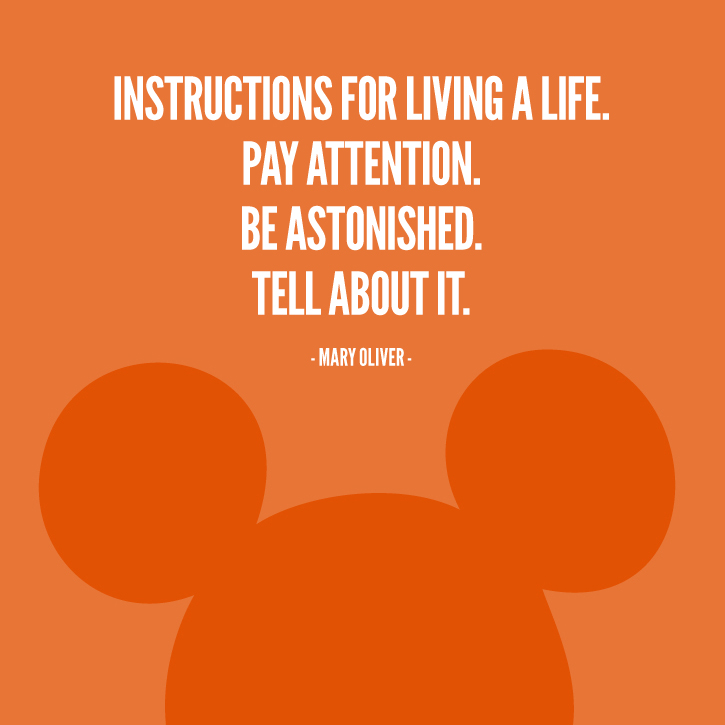
Several years ago, a wise old preacher friend was giving me some advice about public speaking.
“I want to keep doing it,” he said, “as long as my ears are good.”
Although this sounded wise, it also seemed illogical, coming from a man whose main job (in my mind) was to talk. But I think he might have been onto something.
Listening isn’t really a common thing today. Most of us use the time when other people are talking to think about what we’ll say next (or what we’ll say about it in our blog). And when no one is talking, we’re nose-deep in our social media streams and updates.
Listening – being present – is actually kinda rare.
In Bird by Bird: Some Instructions on Writing and Life, Anne Lamott says that this “being present” is the key to writing things that connect with people and inspire them.
Anyone who wants to can be surprised by the beauty or pain of the natural world, of the human mind and heart, and can try to capture just that – the details, the nuance, what is. If you start to look around, you will start to see. When what we see catches us off guard, and when we write it as realistically and openly as possible, it offers hope.
Similarly, Malcolm Gladwell, when asked about how he finds interesting stories to write about, says that the most important thing is to pay attention.
The trick to finding ideas [for stories] is to convince yourself that everyone and everything has a story to tell. I say trick but what I really mean is challenge, because it’s a very hard thing to do. Our instinct as humans, after all, is to assume that most things are not interesting.
When we talk about being “quick to listen, slow to speak,” I think we mostly assume it applies to the audience, not the speaker – the students, not the teacher. But I think we’ve all been in classrooms where the teacher wasn’t paying attention. We’ve all heard marketing messages that didn’t connect because the business hadn’t been listening. Audiences can sense it when the voice hasn’t been listening.
So maybe my wise preacher friend was onto something. Maybe our most important faculty when we’re talking really is, ironically, our ears.